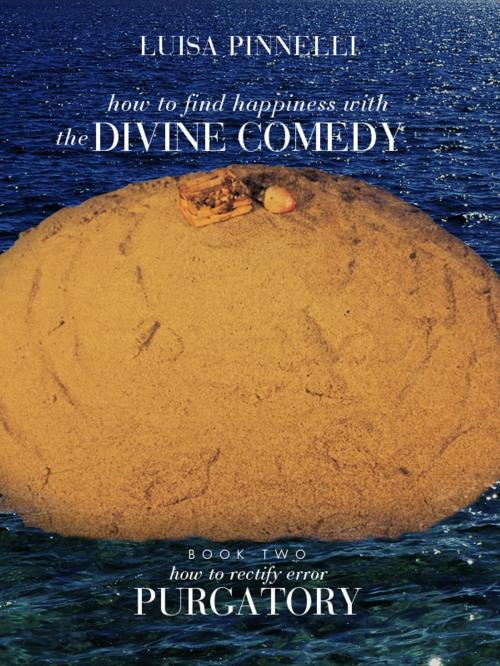How to find happiness with The DIVINE COMEDY - Purgatory
Fiction & Literature, Literary Theory & Criticism, Poetry History & Criticism| Author: | Luisa Pinnelli | ISBN: | 9788868550240 |
| Publisher: | Luisa Pinnelli | Publication: | June 7, 2013 |
| Imprint: | Language: | English |
| Author: | Luisa Pinnelli |
| ISBN: | 9788868550240 |
| Publisher: | Luisa Pinnelli |
| Publication: | June 7, 2013 |
| Imprint: | |
| Language: | English |
The second cantica is born of the belief that man can regain natural perfection, definitively abandoning his old ways and undergoing a process of self reform from a moral, psychological and intellectual point of view. In Purgatory, Dante outlines an educational path of exceptional interest and unprecedented modernity, allowing the reader himself to submit to a process of self-examination and self-improvement through the stories of the characters and the various means of remedy offered by the structure of Purgatory. Through an analysis of the text and a reconstruction of the historical and psychological make up of the individual personalities, the author accompanies the reader on this instructive journey, offering new perspectives and fresh insights into the text that can facilitate a deeper understanding of the second cantica of the Divine Comedy.
The second cantica is born of the belief that man can regain natural perfection, definitively abandoning his old ways and undergoing a process of self reform from a moral, psychological and intellectual point of view. In Purgatory, Dante outlines an educational path of exceptional interest and unprecedented modernity, allowing the reader himself to submit to a process of self-examination and self-improvement through the stories of the characters and the various means of remedy offered by the structure of Purgatory. Through an analysis of the text and a reconstruction of the historical and psychological make up of the individual personalities, the author accompanies the reader on this instructive journey, offering new perspectives and fresh insights into the text that can facilitate a deeper understanding of the second cantica of the Divine Comedy.















